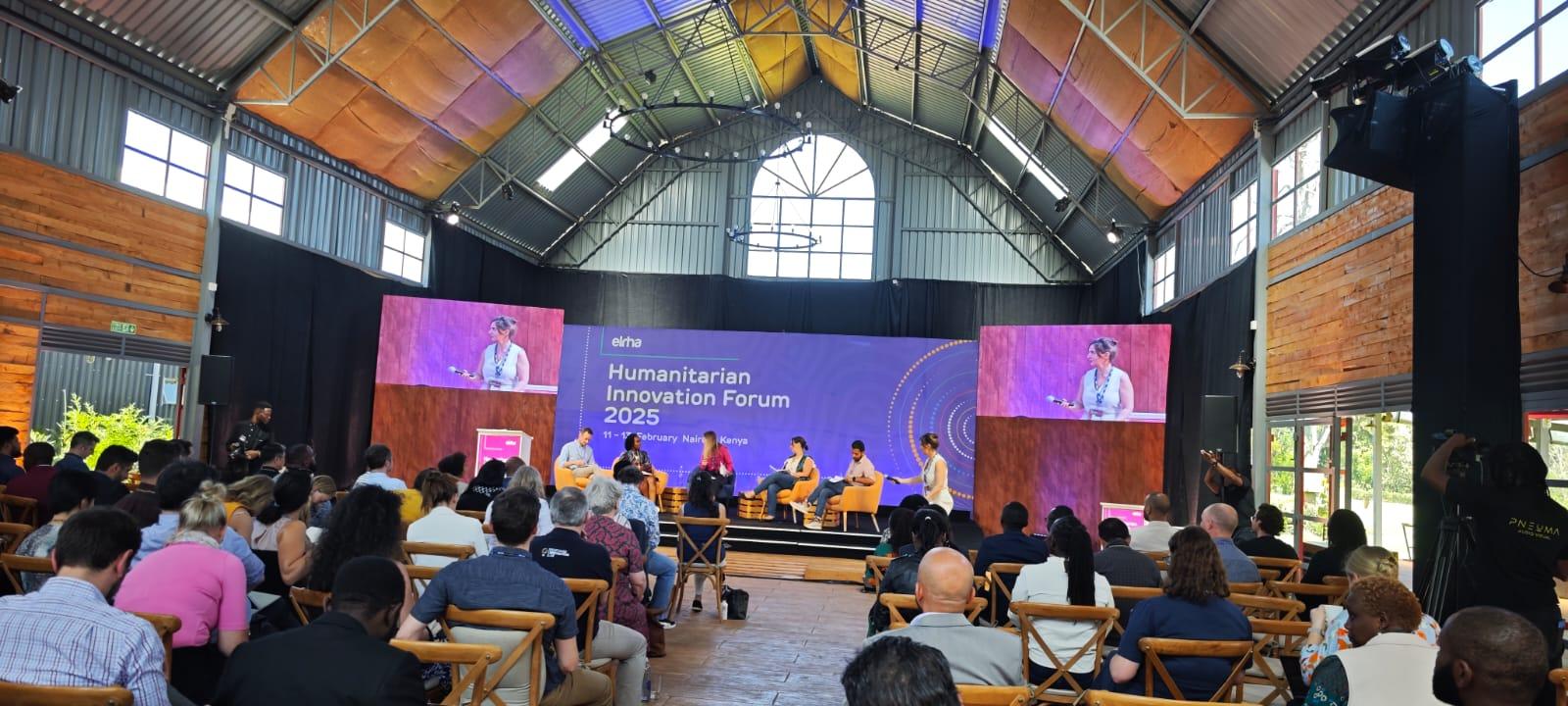

Action Against Hunger invited to participate in the Humanitarian Innovation Forum organized by Elrha
This international event brings together international experts in innovation, humanitarian decision-makers and funders.
Action Against Hunger participated in the Humanitarian Innovation Forum organized by Elrha from February 11 to 13, 2025. The three-day meeting, held in Nairobi, Kenya, brought together innovation experts, humanitarian decision-makers and funders to collaborate in the search for transformative solutions to the main challenges facing humanitarian innovation in meeting current needs and anticipating future ones.
The director of R&D at Action Against Hunger, Amador Gómez, was invited to participate in this international meeting and took part in one of the roundtable discussions on Localization and Power Dynamics together with representatives of the Asian Disaster Reduction and Response Network (ADRRN) and the NGOs Response Innovation Lab and OGOW Health.
During his participation, Amador Gómez had the opportunity to highlight some ideas resulting from Action Agaist Hunger's experience in Research and Innovation.
With regard to innovation in the humanitarian field in general, Gómez stressed that “there is no innovation if the problem addressed is not solved, since innovation consists of solving the unsolvable.”
He also shared reflections directly related to the localization of humanitarian innovation, highlighting that the complementarity between international and local innovators increases the efficiency and legitimacy of the actions developed. “Promoting local innovation is key: local innovators and communities are not part of the solution, they are the solution,” he emphasized. In this sense, the R&D director emphasized the need to make innovation more appropriate and closer to communities. “We have to better ensure that innovation is aligned with the cultural and social context of communities,” he stressed.
During his speech, Amador Gómez pointed out that “talking about localization and changes in power dynamics means a greater appetite for risk: we cannot see local communities only as data collectors. Their integration throughout the innovation cycle is key. That means flexibility in donor timelines, funding and procedures.”
For years, Action Against Hunger has been committed to Research and Innovation as a fundamental way of improving the efficiency and effectiveness of the humanitarian interventions it carries out around the world with the ultimate aim of ending hunger. Hence, the organization has an R&D department where innovative projects are carried out, such as the SAM Photo mobile diagnostic application and the REact energy measurement and renewable solutions management tool.
